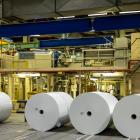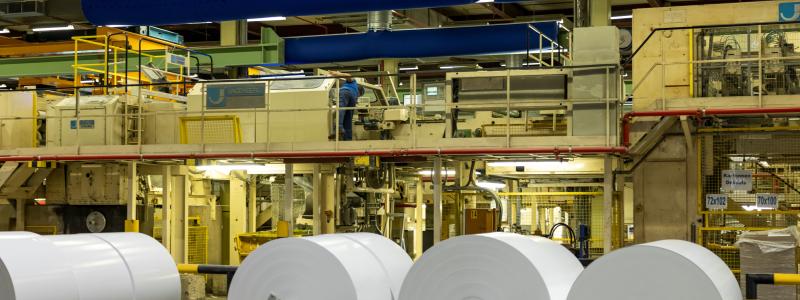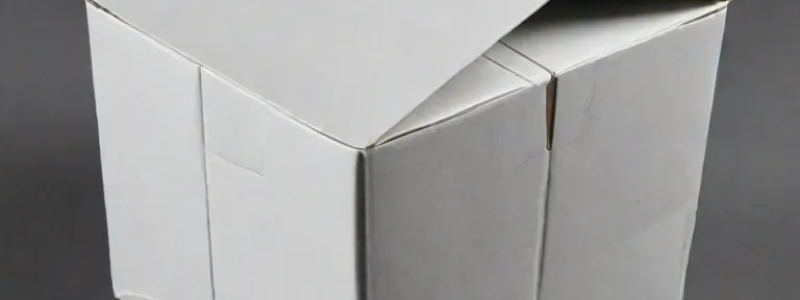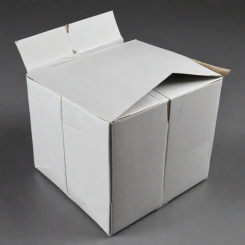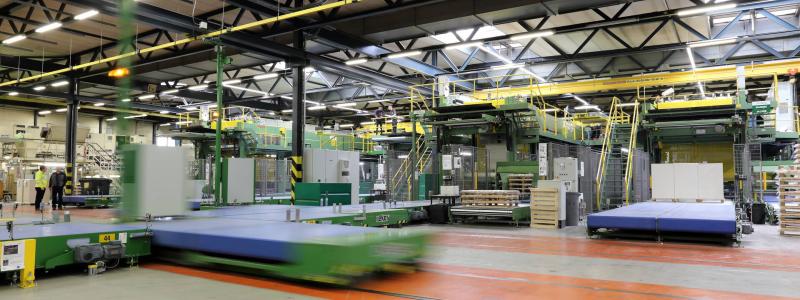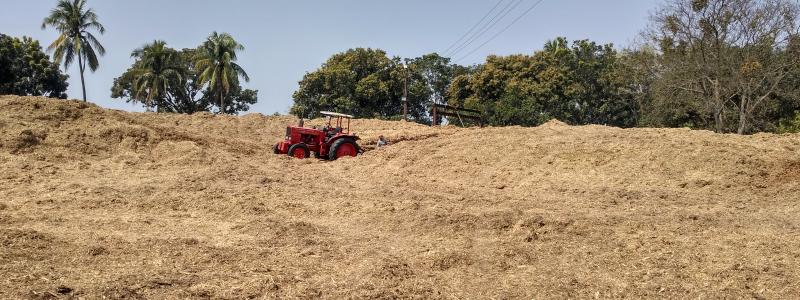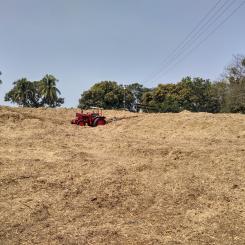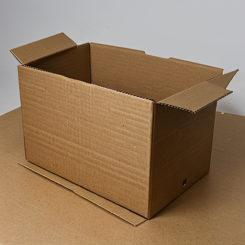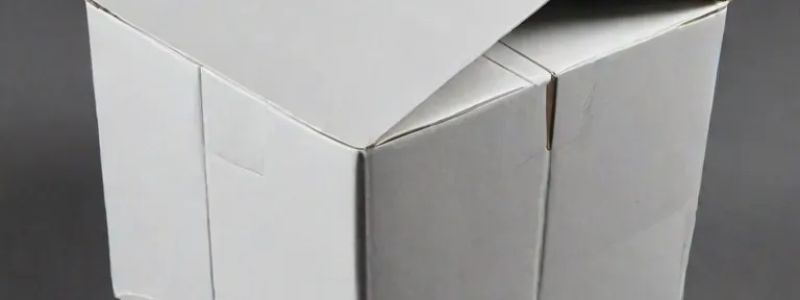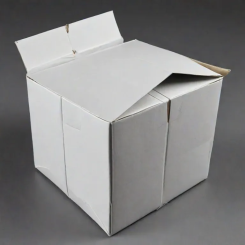Rayonier Advanced Materials Inc., a U.S. and global leader of cellulose-based technologies, together with the United Steel Paper and Forestry, Rubber, Manufacturing, Energy, Allied Industrial and Service Workers International Union AFL-CIO (“USW”), today announced the filing with the US Department of Commerce (“USDOC”) and the US International Trade Commission (“USITC”) of parallel antidumping and countervailing duty petitions on Brazil, and an antidumping petition on Norway, concerning U.S. imports of High Purity Dissolving Pulp (“HPDP”).
The petitions allege that Brazilian and Norwegian manufacturers are selling HPDP in the U.S. market at unfair prices, below fair market value or based on government subsidies, thereby materially injuring the U.S. HPDP industry and its workers. The petitions estimate dumping margins as high as 168 percent for Brazil and 226 percent for Norway. They also identify 30 Brazilian government programs that may be providing subsidies.
“RYAM and our workers deserve a level playing field,” said De Lyle Bloomquist, President and CEO of RYAM. “We are committed to defending our operations and the jobs they support from unfair foreign trade practices that threaten the future of our industry and the communities of Jesup, Georgia and Fernandina Beach, Florida where we produce HPDP.”
The USW, which represents workers at the two RYAM facilities, echoed these concerns. “Our members are seeing the devastating impact of dumped and subsidized imports in real time,” said USW Vice President Luis Mendoza, who leads the union’s paper sector. “This includes hundreds of workers at Georgia-Pacific’s Foley Cellulose Plant in Perry, Florida who lost their jobs as a result of unfair trade. This case is about leveling the playing field and securing a future for American workers.”
HPDP is a core building block used by innovative customers around the world to create everyday products for consumers, including filtration, specialty bioplastics, textile, construction, food, pharmaceutical and other applications, and the domestic industry has long served as a reliable supplier for U.S. customers. However, the influx of low-priced imports from Brazil and Norway has severely undercut domestic prices and market share, putting U.S. producers and their employees at risk.
The USDOC will investigate whether dumping and subsidization are occurring, while the USITC will determine whether the U.S. industry is suffering material injury as a result. If both agencies make affirmative findings, duties will be imposed to offset the unfair trade practices. A preliminary determination from the USITC is expected within 45 days, with the USDOC’s preliminary determinations to follow in the coming months.
Source: Business Wire


